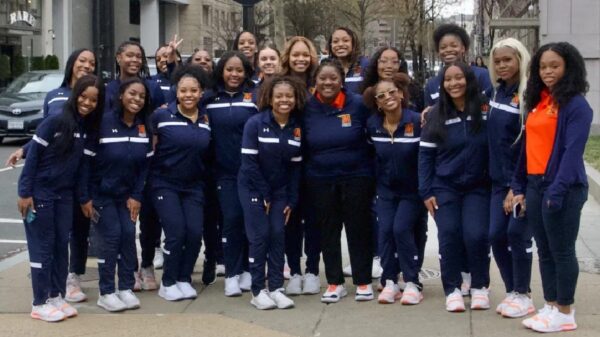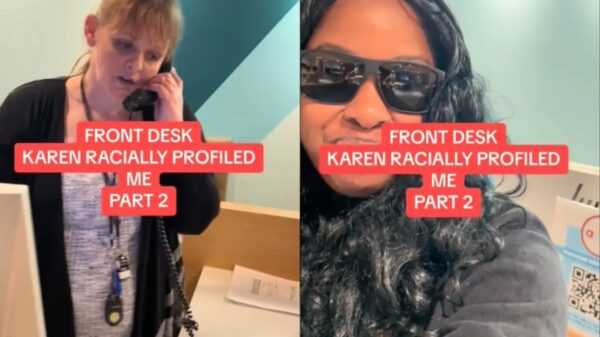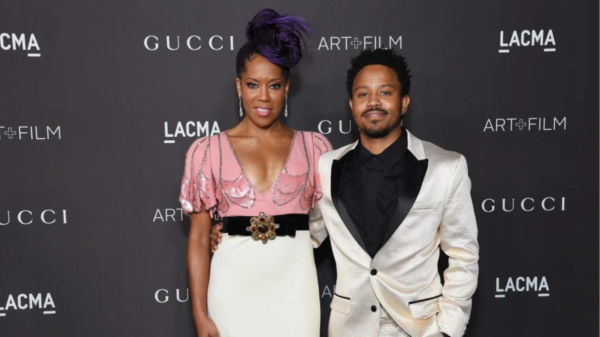By Andy Zinkievich
As a U.S. Army veteran, I see Veterans Day as a day of reflection as well as a day of action.
There are 18.4 million veterans alive today who deserve our gratitude for their commitment to selflessly serve our nation. In turn, they also deserve the commitment of leaders, businesses, organizations and communities to support them in their time of need.
This Veterans Day is an opportunity to remind our nation’s citizens about the challenges veterans may face both during and after their time in service.
The primary enemy many veterans face after service is not war-related trauma, but loneliness, according to a study from Yale and the U.S. Department of Veterans Affairs. It may be difficult for some veterans to connect to the civilian world – they often feel misunderstood by those who haven’t experienced what they have. This can translate into social isolation, feelings of loneliness and disconnection, which can contribute to higher suicide risk among veterans.
The veteran suicide rate currently is 57% higher than the national average. We know there is not a simple solution to this very complex challenge, which means we must all work together to face it.
Health-related social needs play a huge role in both mental and physical health and can contribute to a higher suicide risk. In my role at Humana, I see firsthand the impact social challenges can have on our aging veterans, in particular.
In a 2022 survey of Humana Medicare members who are veterans or veteran spouses, many indicated struggles with financial strain, loneliness, food insecurity, transportation barriers, or housing insecurity. These factors are associated with anxiety, depression and PTSD – all risk factors for suicide.
Helping veterans address these struggles may alleviate the negative impacts on health and wellness. We can do this by ensuring they have access to medical care, to include behavioral and clinical health, and by connecting them to community resources that can help with social needs. First, understanding inpatient and outpatient care that is available in the area and covered – whether it’s through the VA, employer insurance or Medicare – is crucial.
Outpatient care may include talk therapy, medication to support mental health, and care managers to provide guidance on the best type of care.
Second, we must look beyond doctors and hospitals to address social needs through community support.
Helping veterans remove barriers to healthy living and connecting to the right organizations can help lift them out of isolation and into community. Tools like the Humana Community Navigator, a free resource available to anyone, can help make the connection to local support services.
To initiate change and make a real impact, we must work together as a community and as a nation to combat social risk factors to veteran suicide. If you want to say “thank you for your service” this Veterans Day, find some small way to give back to the veterans in your community and be part of the solution.
Andy Zinkievich is veteran community executive for North Carolina at Humana.









You must be logged in to post a comment Login